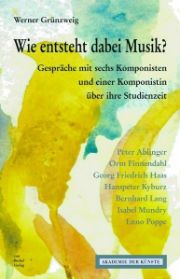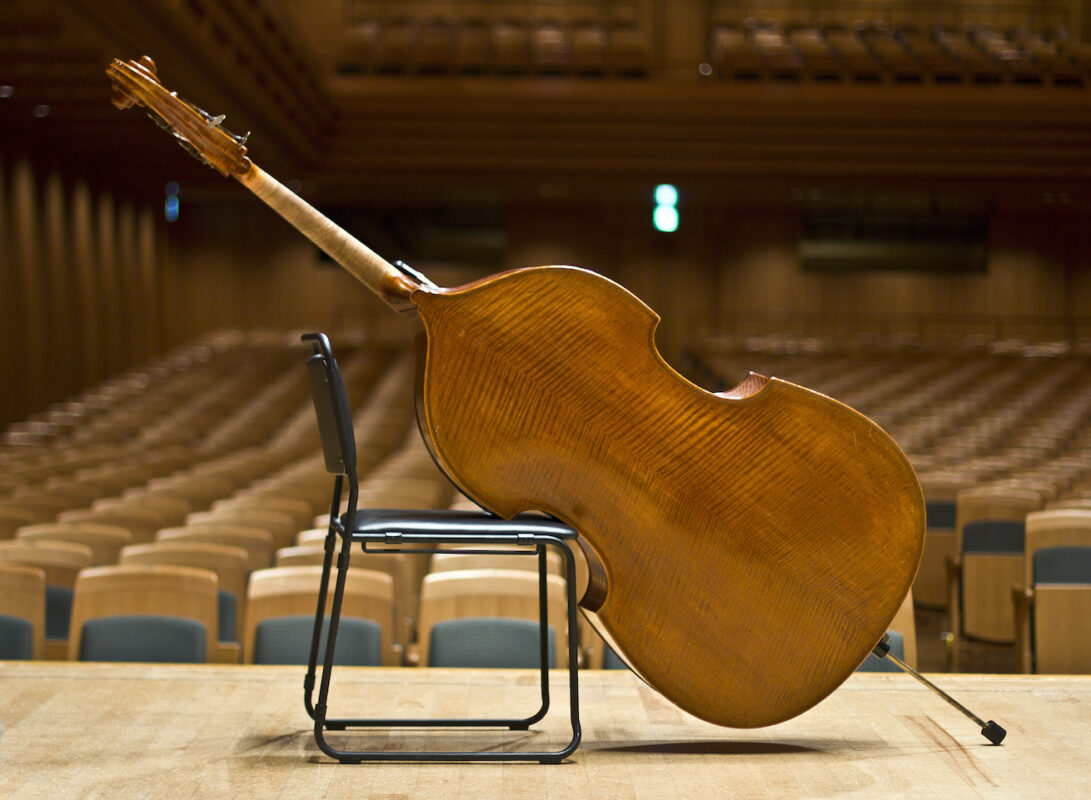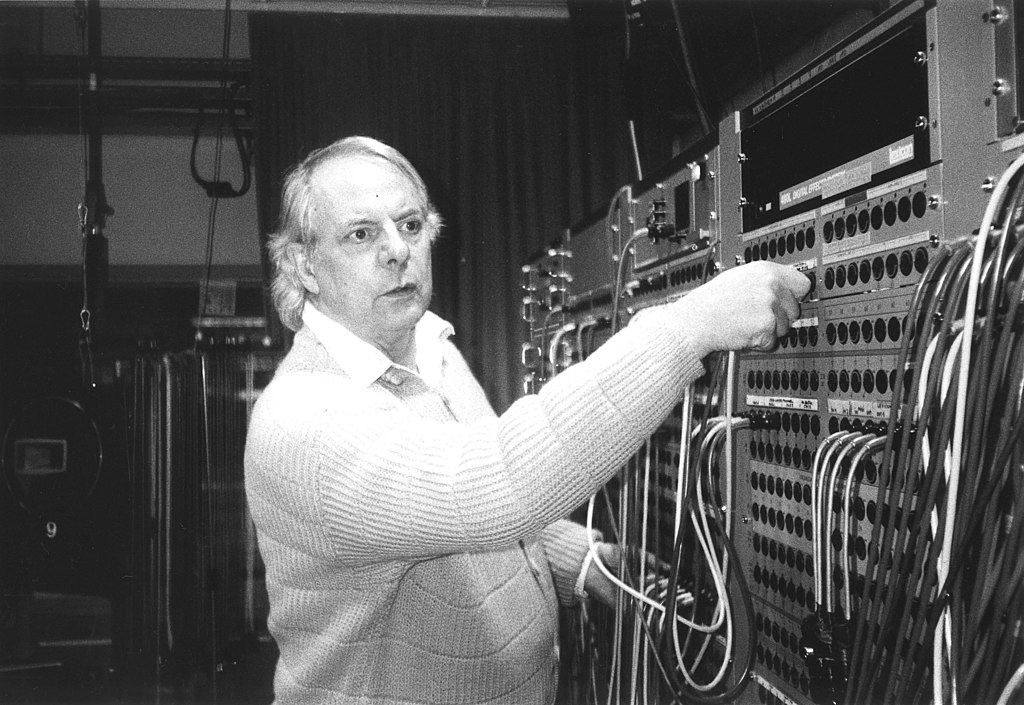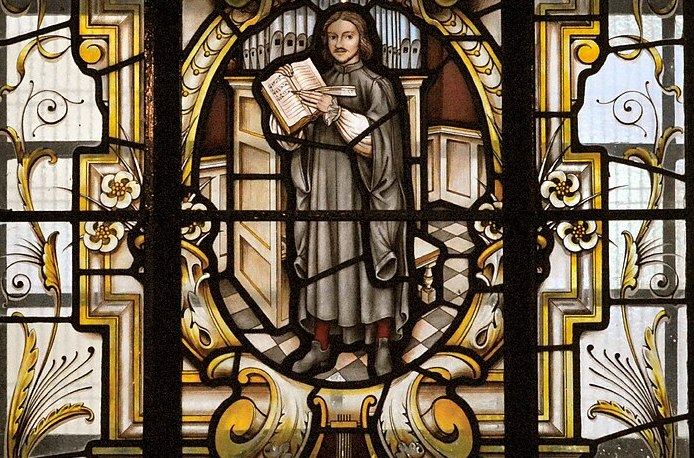Plea for openness
Werner Grünzweig interviewed six composers and one female composer about their student days. A search for clues about different paths to music
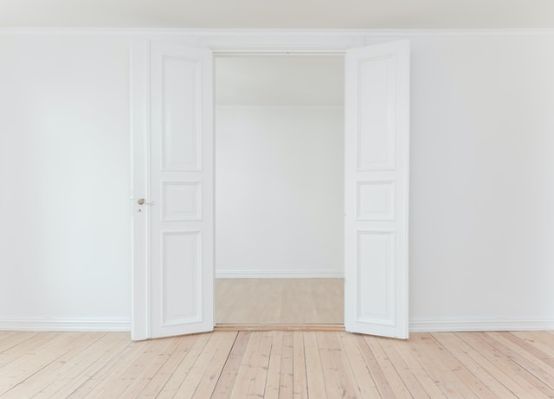
You could dryly call it "contributions to biographical research". But Werner Grünzweig's "Conversations with six composers and one female composer about their student days" offers far more than subjective retrospectives of composers who have since become successful. If you read the interviews with Peter Ablinger, Orm Finnendahl, Georg Friedrich Haas, Hanspeter Kyburz, Bernhard Lang, Isabel Mundry and Enno Poppe carefully, you will gain deep, lively and multifaceted insights that say a lot about aesthetic education, psychology and, last but not least, about a certain milieu called New Music.
The Austrian composer and composition professor Gösta Neuwirth is a constant point of reference. From around 1980 to 1990, he was the teacher of all seven portrayed, partly in Graz and later in Berlin. Neuwirth was a liberal patron to whom composition technique meant a lot, but not everything. He talked to his students about films, literature and painting. Hanspeter Kyburz, who grew up in Switzerland, was inspired by his time studying in Graz precisely because of its diversity: "Gosta's lessons were very stimulating, very open, foreign worlds. But what do you do with these aliens that you've seen?"
A central question indeed. Anyone who considers the development of the seven very different composers comes to the conclusion that each of them built their own aesthetic world. Kyburz went in an almost scientific-objective direction, Peter Ablinger pursued a conceptual-boundary-crossing aesthetic, while Georg Friedrich Haas successfully turned to microtonal sound exploration. The fact that he did not develop a school in the sense of Arnold Schönberg clearly speaks in Neuwirth's favor. There are much more rigid composition professors with a much narrower concept of music.
Although Neuwirth is the connecting link, Grünzweig is not primarily concerned with teaching composition. In the interviews - already conducted in 2007 and 2008 - he asks his questions openly, guided by the flow of conversation and tailored to the respective composer. This method leads to a captivating variety of topics and a very personal tone. Even experts on one composer or another will find out something new and be able to read between the lines (especially where names are not mentioned). Looking back to the 1980s is almost melancholy. Back then, there was obviously far more freedom than there is today, when even composition studies are gradually being made more academic. Basically, the book is a plea for liberal openness - an openness that makes self-determined and self-confident paths possible in the first place.
Werner Grünzweig: How is music created? Conversations with six composers and one female composer about their time as students, 200 p., € 19.80, von Bockel-Verlag, Neumünster 2019, ISBN 978-3-95675-026-7






